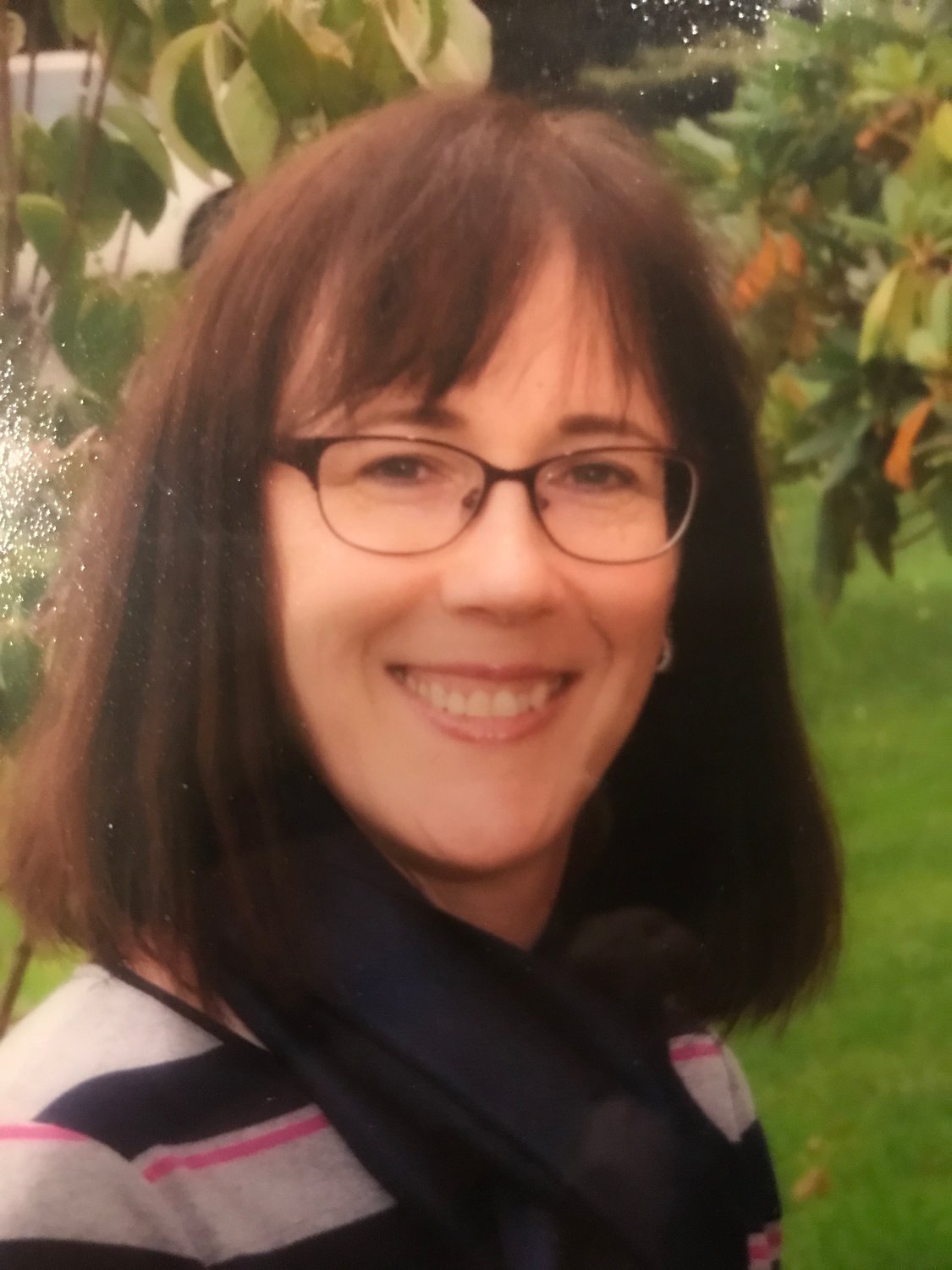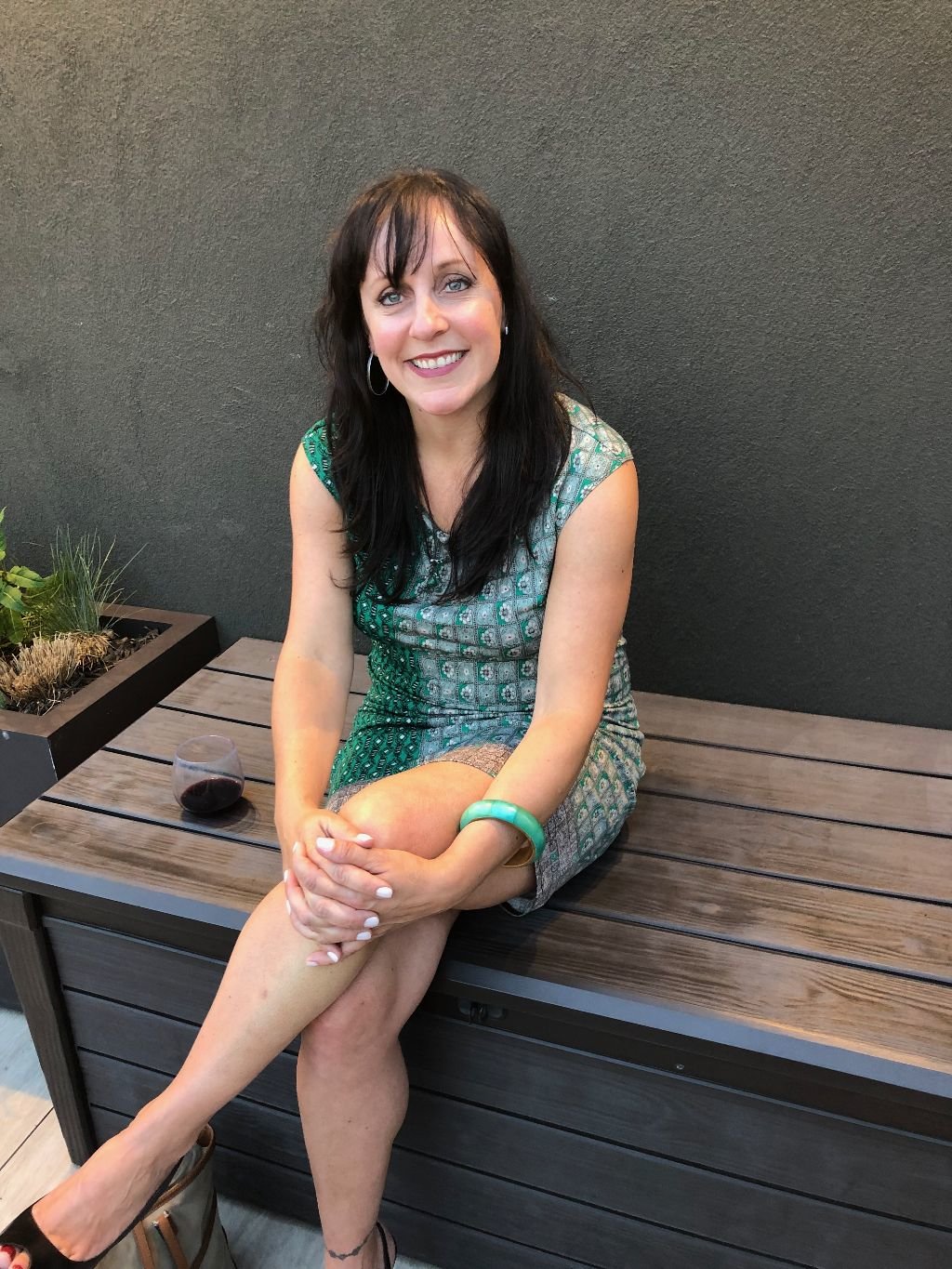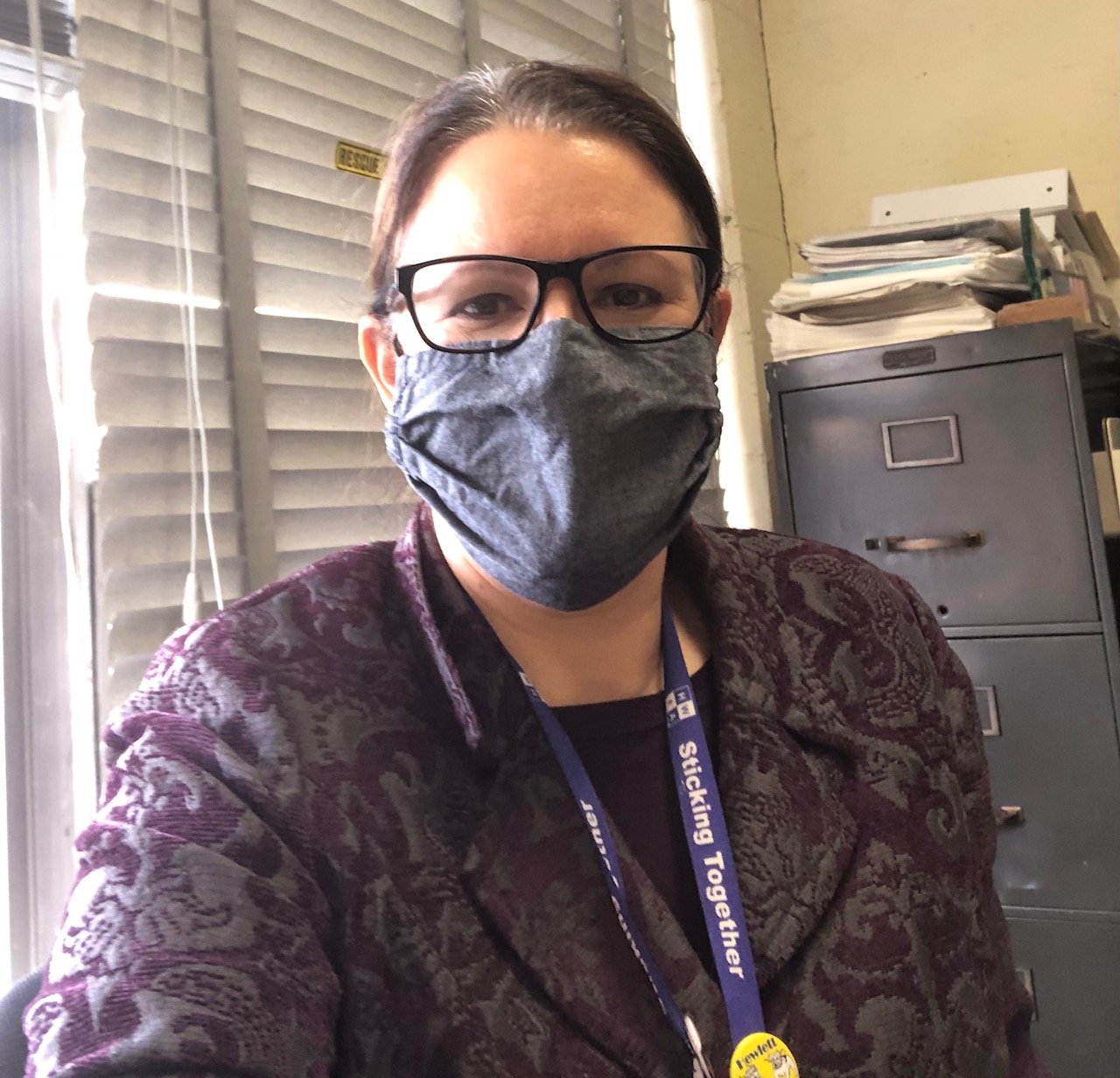Hewlett-Woodmere, Lawrence educators still teaching through the pandemic
From late March through the end of the June, schools worked remotely because of the coronavirus pandemic. As a new school year began in September, schools worked under a combination of in-person and distance learning or hybrid.
Teachers had to scramble to get up to speed on adapting the technology to their in-classroom lessons. Occasionally the digital tools slowed the process and sometimes the teachers had to overcome other obstacles such as the age of their students.
Thinking back to March, the teachers Caryn Bachar and Beth Wagner in the Hewlett-Woodmere School District and Jeannine Cammarata and Maria Pappas in Lawrence, all were concerned about the young people they teach.
“We were never trained to teach remotely,” said Bachar, a 27-year veteran of her district who teaches English as a new language at Ogden Elementary School. “With children it is a lot of pen and paper work. You can’t expect a kindergartner or first-grader who can’t read or write to use a computer. It is very difficult.”
“There was definitely a fear of the unknown, I was just wondering how I’ll be able to do what I do remotely,” said Wagner, a high school English teacher who has taught in Hewlett-Woodmere for 15 of her 25-year career.
Bachar and Wagner said the district was proactive and sent out guidelines to help with the transition. There were technological glitches, Bachar said the internet was “wonky” at times and Wagner said the guidelines helped to navigate through the “uncertainty and stress to find that balance,” to be able to teach.
“It was shocking to think something like that could happen,” said Cammarata about the pandemic, a 25-year veteran of Lawrence schools, a district where she did her student teaching. She teaches Spanish at the high school. “My first concern was how to handle things for the kids and they handled it.”
“I was extremely, extremely overwhelmed, scared, concerned and worried about my kids, how we were going to figure this out and deliver instruction,” said Pappas, a class of 1995 Lawrence graduate. The first grade teacher has taught all of her 14 years in the district. “I love teaching it’s in my heart.”
Both educators noted there was technological problems from the use of the iTutor platform that was “awful” Cammarata said, a platform the teachers were not trained on. When the teachers shifted to Google Classroom, a platform more familiar to them, the teaching became easier. “Once we were able to focus with Google Classroom we got into a good rhythm,” Cammarata said.
Enduring and overcoming obstacles
The first few weeks of teaching remotely were difficult the teachers said, and lonely, with cameras not accessible they did not see their students. “We scheduled face to face time with the Advanced Placement class preparing for the AP exam,” Wagner said. “What we were doing is developing and maintaining relationships for some students were showing up to class, some were very silent. We were trying to keep the students engaged and keeping ourselves connected too.”
Pappas said that the first few weeks of remote learning she did not see her students. Using the Remind app, she text messages to the children and their parents for the first month as she learned how to use Google Meets.
“First-graders at the very beginning it was very difficult,” Pappas said. “First you have to get them to login to the device and just getting them to learn an email address is a whole lesson, so instruction didn’t start right away.” She placed index cards on the Chromebooks keypads for the steps the children had to follow. “The kid and the families stepped up to the plate and every day gets better and better.”
Joining a few social media platform for language teachers helped Cammarata navigate the technology she said. “My priority is to teach Spanish,” Cammarata said, “We lost a lot of classroom time figuring our programs.” She said that internet connections were better when teaching from home as it has been when the new school year got under way.
Over the summer, Bachar said she took part in a lot of training. Though she considers herself tech savvy, Bachar said she began at the beginner’s level then moved on to intermediate and advanced. “When things happened for the lost part we plowed through,” she said. “There was constant communication and the principal (Dina Anzalone) showed us on Google Docs how to do this.”
In some fashion, all the teachers were impacted by the pandemic. Most recently, Pappas’s daughter tested positive on Veterans Day, showed mild symptoms and it was “manageable thank goodness. The test of family members tested positive.” Cammarata’s sister has endured post-Covid syndrome and has not worked since July, she said. “She has a high heart rate …it’s very upsetting.”
For Bachar, both her children who doctors are on the frontlines of the Covid battle. “I get paid to get inconvenienced,” she said. “I did the best for the children and families. I ensured that learning materials were dropped off and waved to the kids.” Wagner said that friends lost parents and students lost grandparents. “In that beginning it was so new, so unknown it was hard and filled with uncertainty,” she said. “The students were anxious. It was just a very different experience.”
Waiting for opening, a new school year
All four waded through the summer waiting for the reopening plans. Hewlett-Woodmere started of remotely and moved to in-person learning with some students remaining at home. Lawrence is operating under the hybrid model.
Cammarata being a union representative said she was privy to many of the district meetings. She credited Lawrence High School Principal Dr. Jennifer Lagnado-Papp for her support and following up on all the teachers’ concerns and questions. “I can teach the kids, but it’s very difficult trying to keep the kids motivated. Social, emotional learning is very important for us. There are no clubs. The kids need to have clubs.”
Wagner noted there were many meetings in the Hewlett-Woodmere district and she took part in them as well as the technology training. “It’s one of the hardest things I’ve ever done,” Wagner said, about figuring out how to deliver instruction through this time. “I know the content, I know the skills,” she added.
On the district’s reopening task force, Bachar said as plans were made the waiting game played by the state kept people on edge. “There were many, many requirements, we made sure we meet all the requirements,” she said. Bachar noted that it is difficult to keep children engaged when they are learning from home. “Five, six hours is a long time to sit in front of screen.” Giving the kids a break and relaxing is the key, she said.
Because of how she worked in the spring, Pappas said she and other colleagues she knows “shut down.” “I just got myself ready.” Not a fan of hybrid learning, she said, that the classroom, as the new school year began, has an “odd, strange” feeling with only two or three children in the classroom. “Every teacher has gone above and beyond, dropping off material on Sundays, making packages of books they need, regardless of the contract.”
Lawrence teachers remain without a new contract. The most recent one expired in 2011.
Have an opinion about this story? Send letters to jbessen@liheald.com.













